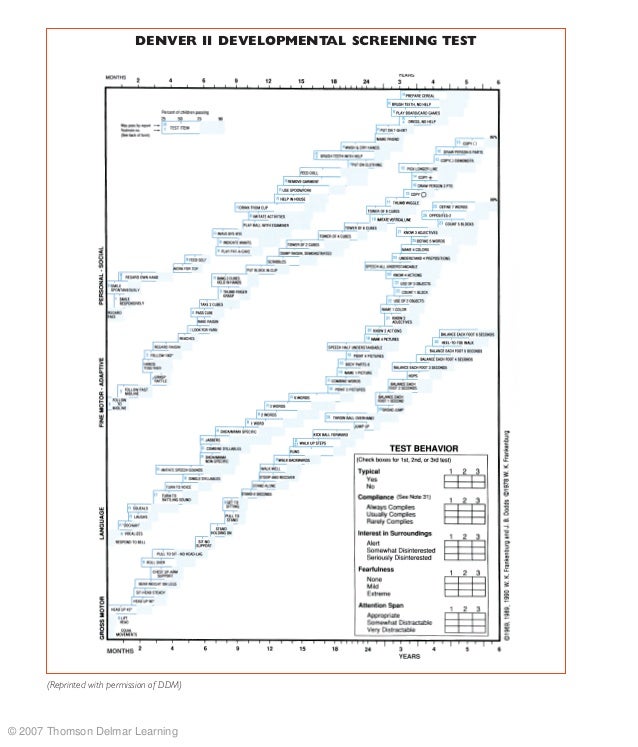


The screening looked at each patient's progress in four areas: personal-social, fine motor-adaptive, language, and gross motor. The neurodevelopmental assessment was conducted using the DDST-2. Methodology The study population comprised children aged six months to six years with two-dimensional (2D) echocardiography confirmation of CHD those who were critically ill, had genetic syndromes, and were not willing to participate in the study were excluded. The objectives of our study were, firstly, to utilize the Denver Developmental Screening Test 2 (DDST-2) to evaluate the neurodevelopmental conditions in children with CHD secondly, to compare the neurodevelopmental state of children with acyanotic CHD (ACHD) and cyanotic CHD (CCHD) and thirdly, to ascertain the prevalence of developmental delay in children with CHD.

The present cross-sectional study was undertaken given the paucity of studies on the developmental status in children with congenital heart diseases (CHDs) in central India, where we tried to evaluate and compare the prevalence of neurodevelopmental delay in individuals with different congenital cardiac disorders. Hence, it is crucial to analyze the impact that heart defects have on the developing brain of a child. Background Congenital heart conditions often cause developmental delays and impact neurodevelopment throughout one's lifetime.


 0 kommentar(er)
0 kommentar(er)
